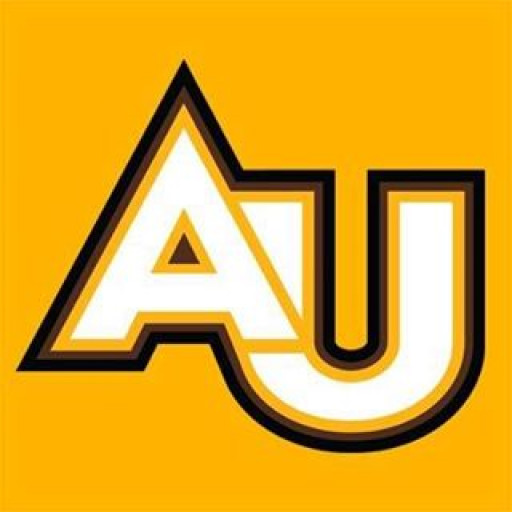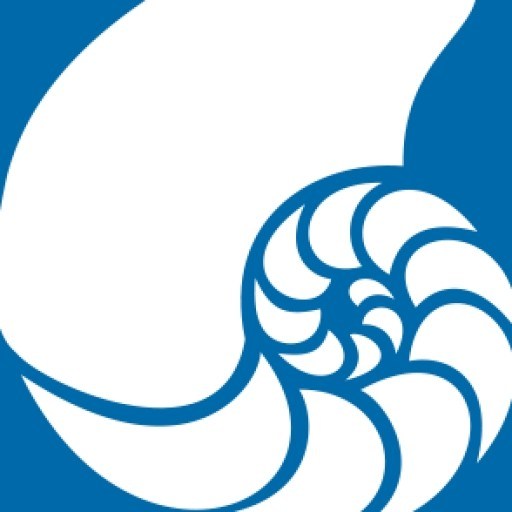Photos of university / #uflorida
The Curriculum and Instruction graduate program at the University of Florida is designed to prepare educators for leadership roles in various educational settings. This comprehensive program emphasizes the development of effective teaching strategies, curriculum design, instructional technology, and educational research skills. Students gain a solid foundation in pedagogical theories and practices, enabling them to improve student learning outcomes across diverse populations and educational environments. The program offers specialization options that allow students to tailor their studies to specific teaching levels, subjects, or educational challenges, fostering a personalized and targeted educational experience. Through rigorous coursework, hands-on field experiences, and research opportunities, learners are equipped with the tools necessary to innovate and lead in the ever-evolving landscape of education. The faculty comprises experienced educators and researchers dedicated to advancing educational excellence and equity. Graduates of the program are prepared to serve as classroom teachers, curriculum developers, educational consultants, administrators, or pursue doctoral studies in education. The program also emphasizes the integration of technology in teaching and learning, ensuring that students are proficient with emerging educational tools and digital resources. With a focus on evidence-based practices and continuous professional development, the Curriculum and Instruction program positions its graduates to make meaningful impacts in schools, districts, and educational organizations. The program culminates in a comprehensive project or thesis, demonstrating mastery of concepts and readiness to contribute to educational innovation. Located within the College of Education at the University of Florida, this program benefits from a vibrant academic community and extensive partnerships with local and national educational institutions. Overall, the Curriculum and Instruction program at UF prepares educators not only to excel in their current roles but also to lead change and improve educational systems for future generations.
The Curriculum and Instruction program at the University of Florida is designed to prepare students for effective teaching and leadership roles in diverse educational settings. This comprehensive program offers a deep understanding of pedagogical theories, instructional strategies, and curriculum development techniques that are essential for fostering student learning and engagement. Students in the program explore a wide range of topics including assessment and evaluation methods, educational technology integration, and culturally responsive teaching practices. The curriculum emphasizes research-based approaches to instruction, allowing future educators to design innovative and inclusive learning experiences.
Throughout the program, students engage in both coursework and practical field experiences, providing them with hands-on opportunities to apply their knowledge in real-world classrooms. They learn from experienced faculty who are experts in their fields, ensuring that the education they receive is both current and relevant. Emphasis is also placed on understanding educational policy and administration, equipping graduates with the skills needed to assume leadership positions within educational institutions.
The program is suitable for those aiming to become classroom teachers, curriculum specialists, instructional coordinators, or educational administrators. It also prepares students for advanced roles in research and development in educational settings. The curriculum is regularly updated to incorporate the latest developments and best practices in education, ensuring that graduates are well-prepared to meet the evolving demands of the education sector.
Students have access to state-of-the-art facilities and resources, including research labs and technology centers, which support innovative teaching and learning strategies. Additionally, the program fosters a collaborative learning environment where students can interact and share ideas with peers, faculty, and education professionals from around the world. Upon completion, graduates are equipped with the knowledge, skills, and ethical foundation necessary to make a positive impact on education at local, state, and national levels.
Program requirements for the Curriculum and Instruction (Curriculum Teaching and Teacher Education) at the University of Florida typically include completing a specified number of credit hours, fulfilling coursework in foundational education topics, and demonstrating practical teaching competencies. Students are generally expected to enroll in core courses covering educational psychology, instructional strategies, and curriculum development. Additionally, they must complete specialized coursework aligned with their focus area, such as elementary or secondary education. Field experiences and student teaching practicums are mandatory components designed to provide hands-on teaching experience in real classroom settings. Candidates are usually required to pass comprehensive examinations or assessments to demonstrate mastery of educational content and pedagogical skills. The program may also include seminars, workshops, or electives aimed at fostering research skills, educational leadership, or inclusive teaching practices. Graduate assistantships or internships might be available to enhance professional development opportunities. All students must adhere to university policies, maintain a minimum GPA as specified by the program, and complete any required capstone projects or thesis work. The curriculum is designed to prepare graduates for certification and licensure as teachers, as well as for leadership roles within educational settings, emphasizing evidence-based practices, curriculum design, and instructional effectiveness. Specific coursework, practicum hours, and assessment requirements are detailed in the university’s official program handbook and are subject to periodic updates in response to educational standards and state certification mandates.
The University of Florida offers various funding opportunities for students pursuing degrees within the Curriculum and Instruction (Curriculum Teaching and Teacher Education) program. These include scholarships, graduate assistantships, tuition waivers, and financial aid options designed to support students throughout their academic journey. Scholarships are available through university-specific funds, departmental awards, and external organizations, and they often require applicants to demonstrate academic excellence, leadership qualities, and dedication to the field of education. Graduate assistantships provide students with opportunities to work as teaching or research assistants, which not only offers a valuable immersive experience but also includes a stipend and tuition remission. These assistantships are highly competitive and typically require students to commit a set number of hours per week, contributing to educational research, curriculum development, or instructional support, thereby enabling students to reduce their financial burden while gaining professional experience. The university’s Financial Aid Office assists students in navigating federal and state aid programs, including loans, grants, and work-study options, tailored to meet the needs of graduate students. Furthermore, students are encouraged to seek external funding sources such as educational foundations, professional organizations, and government grants that support research and development in education. The university also has specialized programs for minority students, including scholarships and mentorship initiatives, aimed at increasing diversity and inclusion within the educational community. Additionally, the tuition rates for in-state students are comparatively lower than those for out-of-state students, making it more accessible for residents of Florida. International students may have access to limited funding and are advised to explore external scholarships and assistantship opportunities. The university regularly updates its financial support policies and strives to provide comprehensive guidance to prospective and current students to ensure that financial constraints do not hinder their educational pursuits. Overall, funding for the Curriculum and Instruction program is multifaceted, aimed at fostering an environment where students can focus on their academic and professional development with reduced financial stress, thereby contributing to the preparation of highly qualified educators dedicated to advancing teaching and learning practices.
The Curriculum and Instruction program at the University of Florida is designed to prepare students for careers in teaching, curriculum development, and educational leadership across diverse educational settings. The program emphasizes a comprehensive understanding of pedagogical theories, instructional strategies, and curriculum design to enhance teaching effectiveness and foster student learning. Students gain foundational knowledge in educational psychology, assessment techniques, and instructional technology, enabling them to adapt to evolving educational environments. Specializations within the program include Elementary Education, Secondary Education, and Educational Technology, allowing students to tailor their studies to their career goals. The curriculum incorporates coursework, field experiences, and research opportunities, encouraging practical application of learned concepts in real-world classroom settings. The program also emphasizes diversity, equity, and inclusion principles, preparing educators to meet the needs of diverse student populations.Qualified faculty members are experts in their respective fields, providing mentorship and fostering a collaborative academic community. Graduates of the program are well-equipped to pursue certification as teachers in Florida, as well as continue their education through advanced degrees in education or related fields. The program maintains rigorous standards and aligns with state and national educational standards, ensuring graduates are competitive in the job market and capable of making meaningful contributions in educational settings. Additionally, the university offers resources such as professional development workshops, research laboratories, and partnerships with local schools to enhance student learning and practical experience. The overall goal of the program is to develop reflective educators who are committed to lifelong learning and continuous improvement in their teaching practices to positively impact student achievement and educational equity.






